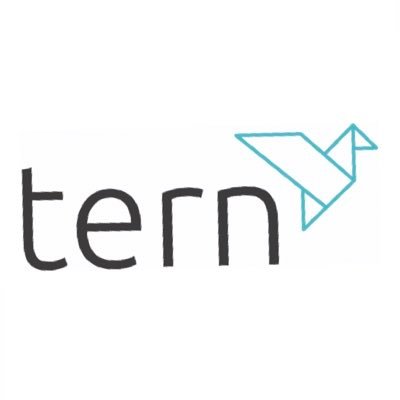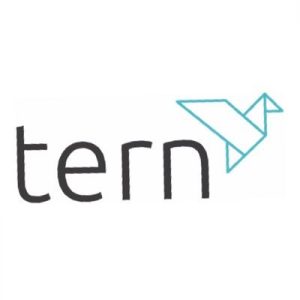Safeguarding your business’s digital assets while providing appropriate access levels is crucial. Identity and Access Management (IAM) policies play a vital role in organisational security, ensuring that only authorised individuals have access to critical systems and information. These policies are not just rules; they reflect an organisation’s commitment to security, aligning with business objectives and minimising the risk of exposure to sensitive data.
IAM policies are essential for controlling access through granular permissions, aligning with business objectives, and adhering to regulatory compliance standards like GDPR and HIPAA. They preserve the integrity of invaluable data, protect against security risks, and mitigate the severe repercussions of non-adherence to regulations. A robust IAM framework, developed through strategic planning, defines roles based on least privilege principles, secure authentication practices like Multi-Factor Authentication (MFA), and maintains the lifecycle of user access through onboarding, periodic review, and off-boarding processes.
Creating effective IAM frameworks involves the expertise of an identity team well-versed in access management. These frameworks should weave through every application and API, adopting standards like OAuth 2.0, and ensuring that the zero-trust model is more than just a buzzword. Establishing user roles and access rights is a meticulous process, ensuring that each role is defined with precision and reviewed regularly to maintain the balance between security and operational flexibility.
Secure authentication and authorisation are critical, with MFA serving as a necessary layer in the authentication policy to fortify defences against unauthorised access. Empowering every individual in the organisation with the knowledge to recognise threats and wisely wield their credentials is crucial for the integrity of the access management system.
Managing the lifecycle of user access demands vigilance. This cycle includes onboarding, provisioning, reviewing, updating access rights, and off-boarding. Onboarding sets the foundation of a user’s digital identity, while provisioning sculpts permissions to fit the user’s role. Reviewing and updating access rights ensure that permissions align with the evolving needs of the organisation, and off-boarding revokes access with precision to prevent unauthorised access.
Advanced IAM policy features include role-based and attribute-based access controls, privileged account management, and integration with third-party services. Role-based access control (RBAC) fosters efficiency in access rights management, while attribute-based access control provides flexibility based on specific conditions. Privileged Account Management (PAM) guards elevated permissions, ensuring individual account holders do not wield undue power. Integrating IAM policies with third-party services enhances security and efficiency, with federated access becoming a seamless extension of the organisation’s IAM strategy.
IAM policy compliance and auditing are crucial for maintaining consistent account authorisations and aligning with regulatory mandates. Regular audits and adherence to legal requirements ensure the organisation’s IAM policies remain effective and compliant. Implementing audit logs and tracking user actions within cloud resources help enforce IAM policies and maintain a central repository for policy documents.
Best practices for IAM policy implementation include leveraging permissions boundaries, refining permissions during specific sessions, and regularly reviewing and updating access control policies. User education and training are essential for empowering employees to recognise security incidents and safeguard digital assets. Regular policy reviews and updates ensure that IAM policies adapt to evolving threats and organisational changes.
Technology plays an enabling role in IAM policy enforcement, leveraging tools like Service Control Policies and AWS Security Hub to control access to services. Automation tools for access management, such as SailPoint and Okta, make authentication more efficient and reduce the burden on security teams. IAM solutions for remote access ensure secure connections from various locations, using methods like VPNs and additional security measures to fortify remote access protocols.
In conclusion, IAM policies are critical for the security of digital domains, defining roles, enforcing compliance, and upholding the sanctity of data. By developing and maintaining effective IAM policies, businesses can ensure the smooth operation of their systems and protect their digital assets.
Tern plc (LON:TERN) backs exciting, high growth IoT innovators in Europe. They provide support and create a genuinely collaborative environment for talented, well-motivated teams. Device Authority is focused on securing connected device ecosystems and is recognized as the global leader in Device Identity Lifecycle Management and Identity and Access Management (IAM) for the Internet of Things (IoT).


